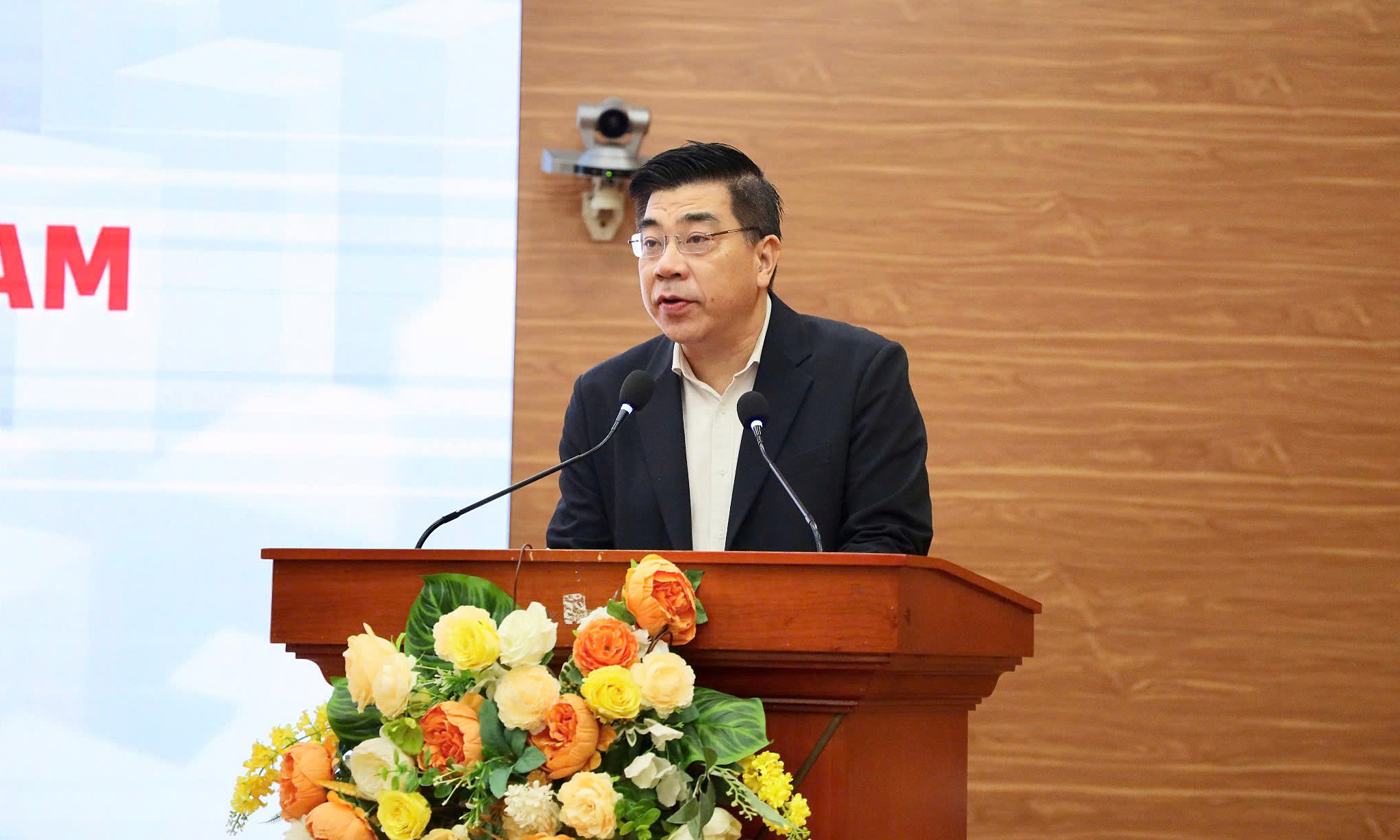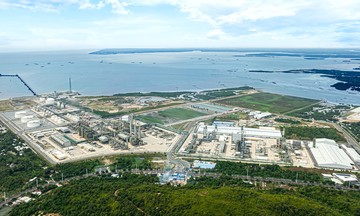Tran Minh Tuan, Director of the Department of Digital Economy and Digital Society (Ministry of Science and Technology), announced this at the "Digital Economy and TFP: Platform for Innovation of Economic Growth Model in Vietnam" seminar on 10/7.
According to Mr. Tuan, in the draft scheme on enterprise digital transformation submitted to the Prime Minister, the drafting agency proposes a program to transition 1 million household businesses into enterprises. This aligns with Resolution 68 on private sector development.
The draft scheme outlines that the Ministry of Finance will lead and collaborate with other ministries, sectors, and localities to provide free basic digital applications. It will also support business registration, digital signatures, electronic invoices, and online payments.
The Ministry of Finance and the Ministry of Science and Technology will jointly develop a one-stop service platform. This platform will integrate administrative procedures related to the transition. It will also offer legal and accounting advice, business administration support, and connect businesses with platform providers.
The government aims to conduct 100% of procedures online, with identification through VNeID, ensuring rapid processing and transparency. Household businesses, small and medium-sized enterprises, and cooperatives will receive support for digital transformation and technological innovation to increase labor productivity by 20-30%.
 |
Tran Minh Tuan, Director of the Department of Digital Economy and Digital Society (Ministry of Science and Technology), speaking at the seminar on 10/7. Photo: Nguyen Thuy |
Tran Minh Tuan, Director of the Department of Digital Economy and Digital Society (Ministry of Science and Technology), speaking at the seminar on 10/7. Photo: Nguyen Thuy
According to a report by the Ministry of Finance, by the end of 2024, Vietnam had around 3.6 million households and individuals engaged in business and subject to tax management. Of these, 2.2 million were stable household businesses. Total tax revenue from this sector reached nearly 26,000 billion VND last year.
Many household businesses have revenues comparable to small and micro-enterprises. Statistics show over 4,000 households with revenues exceeding 10 billion VND. 860 household businesses earned 30 billion VND or more, with five reporting over 200 billion VND annually. These operate in sectors like seafood, food, pharmaceuticals, education, and agricultural products.
Resolution 68 of the Politburo sets a target of 2 million enterprises by 2030 and 3 million by 2045. This translates to an average annual increase of 30,000-40,000 enterprises.
Experts believe that developing household businesses into formal enterprises will boost the private sector. The amended Law on Enterprise Income Tax, effective from 1/10, applies preferential tax rates of 15-17% to businesses with annual revenues up to 3 billion VND and 50 billion VND respectively, lower than the general rate of 20%.
At the seminar, the Ministry of Science and Technology cited data from the International Labour Organization (ILO) indicating that Vietnam's labor productivity is only one-tenth of Singapore's and three-quarters of China's. This widening gap emphasizes the need for rapid transformation.
Vietnam aims for at least 8% growth this year, laying the groundwork for double-digit growth in the coming period. To achieve this, Mr. Tuan stressed that promoting digital transformation for businesses, particularly small and medium-sized enterprises, cooperatives, and household businesses, is "urgent."
"This is the solution to overcome challenges and a significant opportunity to raise labor productivity, create high added value, and contribute to economic growth," he said.
Phuong Dung












